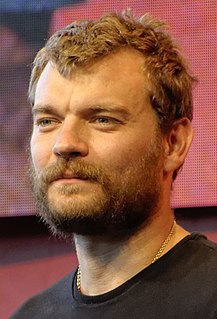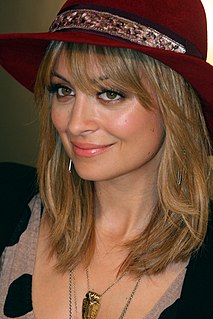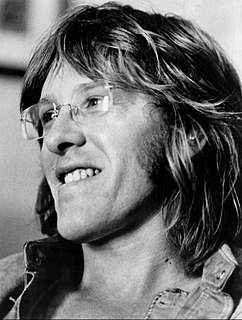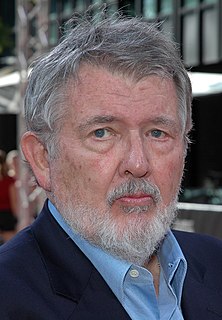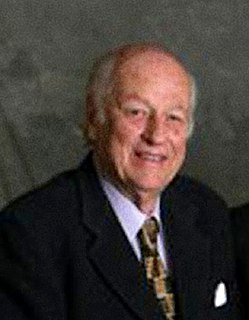A Quote by Pilou Asbaek
When you watch the films that I'm inspired by - from the '60s and '70s - it's not about the special effects: it's about the story; it's about characters and relationships.
Quote Topics
Related Quotes
'Rocky' is a movie that just happens to be about boxing. It's really about characters and story lines and relationships and all those things, and the backdrop is boxing. You can go back and watch the final fight in 'Rocky' a thousand times. If you dig that movie, if you like the characters, you'll watch the whole movie over and over.
The real trick to these movies and making the big action sequences work - and I've forgotten this sometimes and screwed it up - the characters really have to be humanized. Because you can have the greatest special effects in the world, but if you don't care about the people in those effects, there's no impact.
I'm hugely inspired by the '60s and the '70s. I just love the music of that time and the overall freedom of that era. I love that the idea of clashing didn't really exist. You could mix prints on prints, you could mix fabrics and colors - and it was more about the way you felt than about the label and trends. That's something that I've always gravitated towards.
I guess I could be singing about Superman, or about Zarathustra coming down from the mountain, but in my mind I was singing about Julian Assange. I wish I could say that Nietzsche inspired my lyrics but all I can honestly say is I was inspired by the graphic design of these '70s paperback covers for Beyond Good & Evil and The Birth of Tragedy and The Gay Science.
The thing I always guard against when I'm talking to people I'm working with about a script is that there's a thing I don't like and it's called "talk story." It's when you're talking about the story; the characters are tasked with talking about the story instead of allowing the audience to experience the story.
It's a fallacy, long rebuffed by science, that humans use only about 10% of their brainpower. But it is true about most summer movies. Pouring their wizardry into special effects and well-choreographed fights, warm-weather action films rarely challenge the viewer with grand notions or beautifully baffling imagery.
Many people are under the delusion that I'm just a special-effects man, but I've worn many different hats in my day. On every film I've been involved in, I worked with the writer and producer. We really formulated those scripts. We tried to make films that were logical but still had the fantasy feel of it. I enjoy Aardman Animation's films with Wallace and Gromit, but they're obvious puppet films, whereas we tried to disguise it and make our effects characters in the films rather than obvious puppets.
